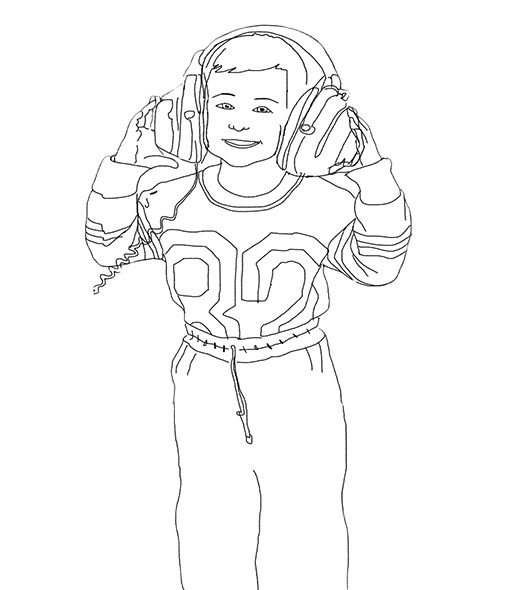Music posses the power to make people shut up for up to an hour straight, and listen. This incredible feature is evermore incredible when people are in a social environment, such as a live music concert.
This relative quietness of human beings is rare in the city and in modern live music events in general.
Humans omit sound from their mouth and produce it via their limbs*.
During rock concerts or electronic music events, the effectiveness of the sound reinforcement system can over-power any conversation or other acoustic eruption a human can produce (on their own).
Despite this, and despite having a constant and almost painful bombardment of the ears in many modern music events, people still try to talk and laugh amongst themselves and even use noisy plastic bags in public lectures. (plastic bag is roughly equivalent in the level of annoyance to that of a strong whistle by a person near you in a rock concert)
I noticed that in some electronic music and rock events, even in those rare moments, when the music becomes a little more quite, the audience starts to cheer and whistle, and the music can barley be heard amongst a sea of chatter, bar activity, and the loud noise of excited apes.
Some classical music, electrically amplified or not, can change from being very soft to very loud throughout a given piece and so it is expected that people attending a live concert will remain as silent as they possibly can so as to not interrupt others to enjoy the music and respect the musicians.
It seems that a considerable portion of the 10,000 audience members at MSO concert managed to keep quiet enough for the massive variations between soft sounds and loud sounds to be heard clearly. (with the aid of roughly three tones of speaker boxes hanging from the structures cavernous ceiling).
In this series of the orchestra free concerts, alcohol and food was allowed and a picnic was thrown by many on the grassy hill.
The music tamed the intoxicated desire of people to make themselves known by producing sound.
Of course, many could not help themselves and destroyed the experience of many others.
On Wednesday night, Hungarian Dances by Brahms was played live by a symphony orchestra. it was a powerful and inspiring musical success and celebration.
Here is a partial list of actions and objects with a potential to annoy at a public gathering that requires concentration from it’s participants:
Clapping, Whistling, Tapping, Chewing crunchy food, Breathing from the mouth, Sneezing, Snoring, Farting, Blowing the nose / sniffing, Humming, Talking, Crying with pain, Laughing with joy, Footsteps.
Disturbing objects: Mobile phones (and generally any electrical and mechanical object that is unrelated to the performance, even if it is not making any sound. torches or lasers for example) Plastic bags, Glass clinging, metallic cutlery, News papers, Zippers, Velcro, Chair dragging, Doors, Jewellery that makes dandling sound upon movement of the person, Sticky tape, Soda bottles, Aluminium foil.
* and other organs, but those sounds are not loud enough to consider as interruptions, perhaps, except farting, which may cause annoyance in a quiet classical music concerts. I’m speculating that there are more farting people in classical music concerts than in any other live music event, maybe because of the demographics and the food consumed before the concert. It is almost certain that it is more likely to hear a fart in a classical music concert than it is in a rock concert. I wonder if the likelihood of smelling them is also grater in classical music.
2015

